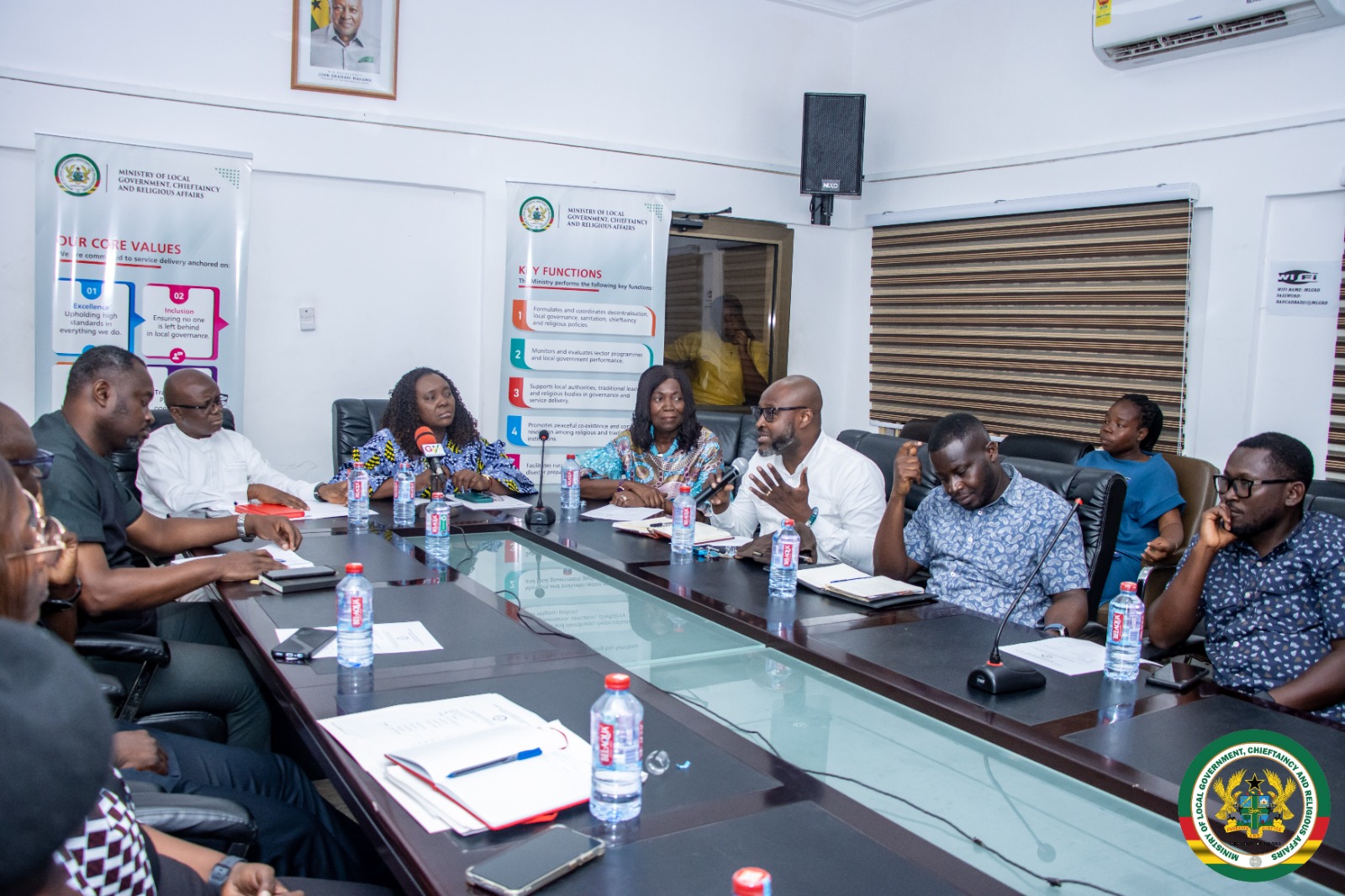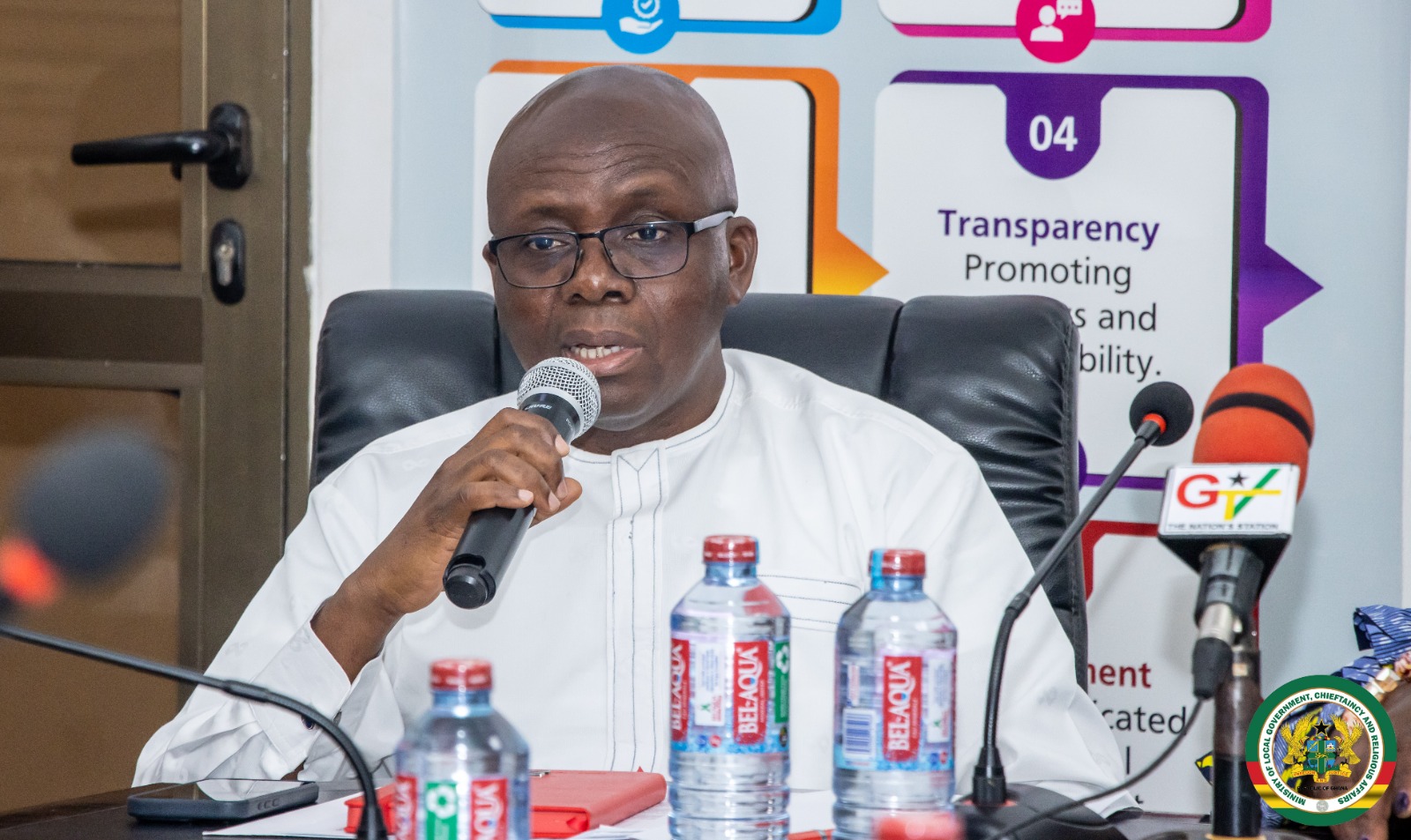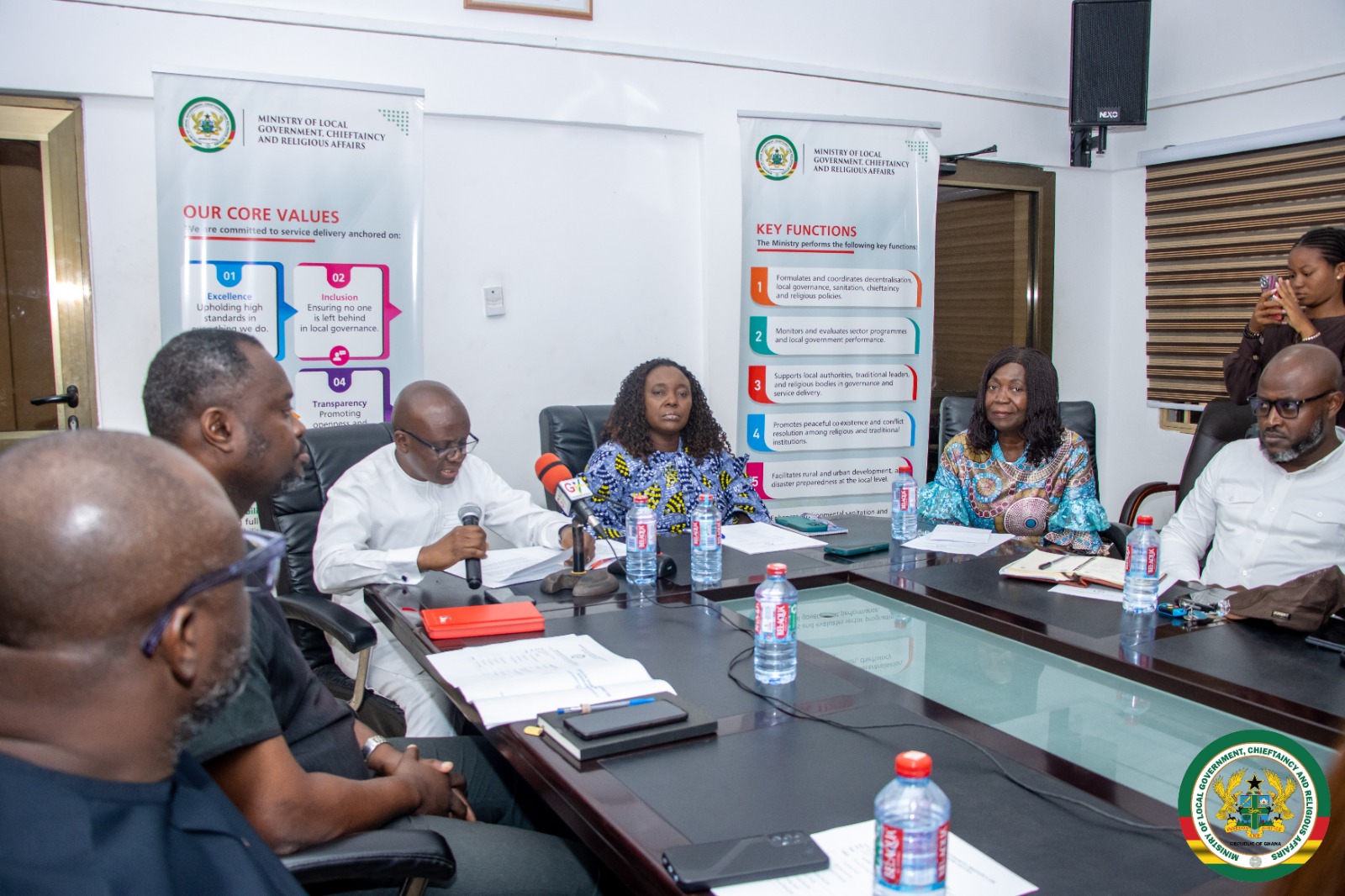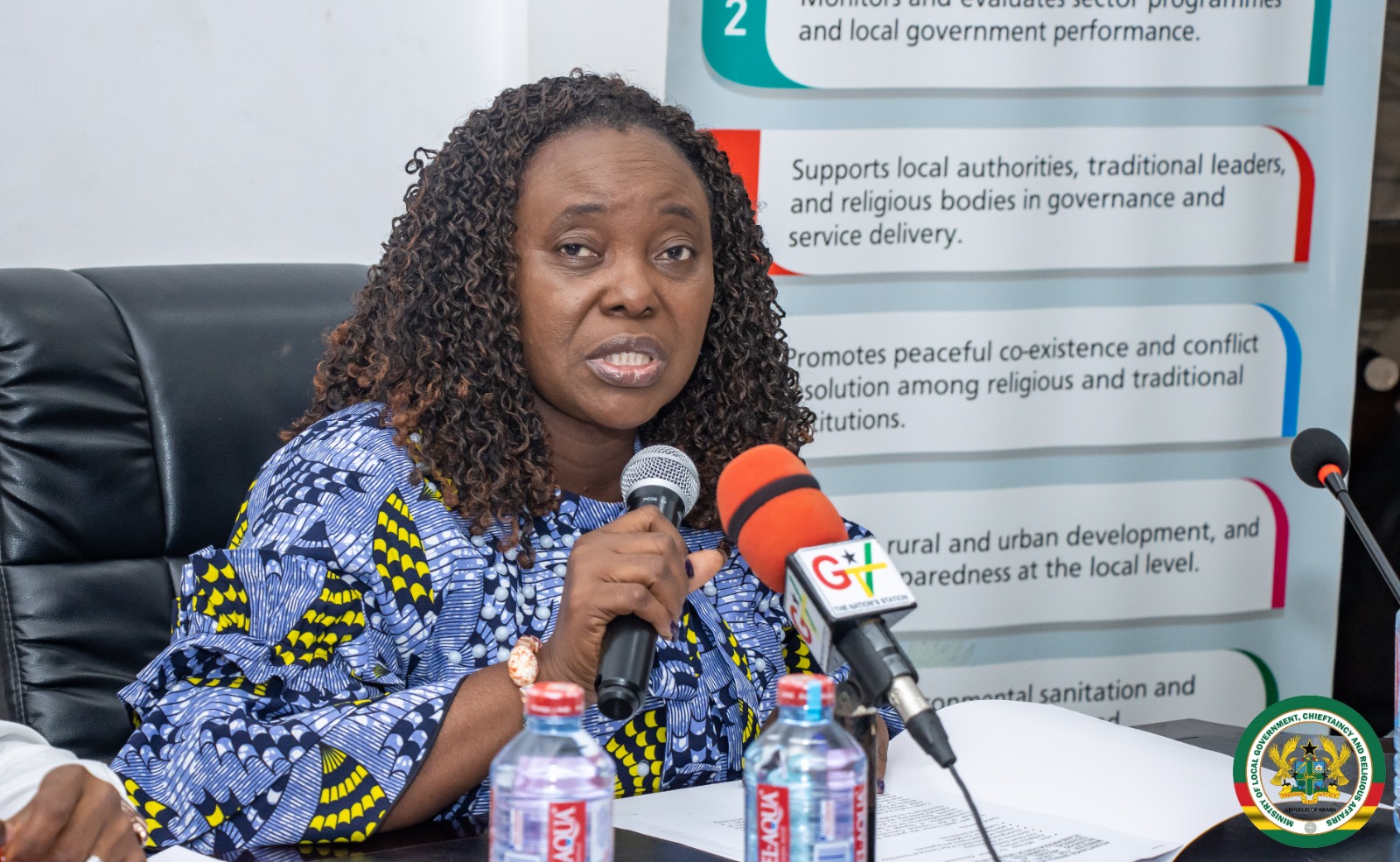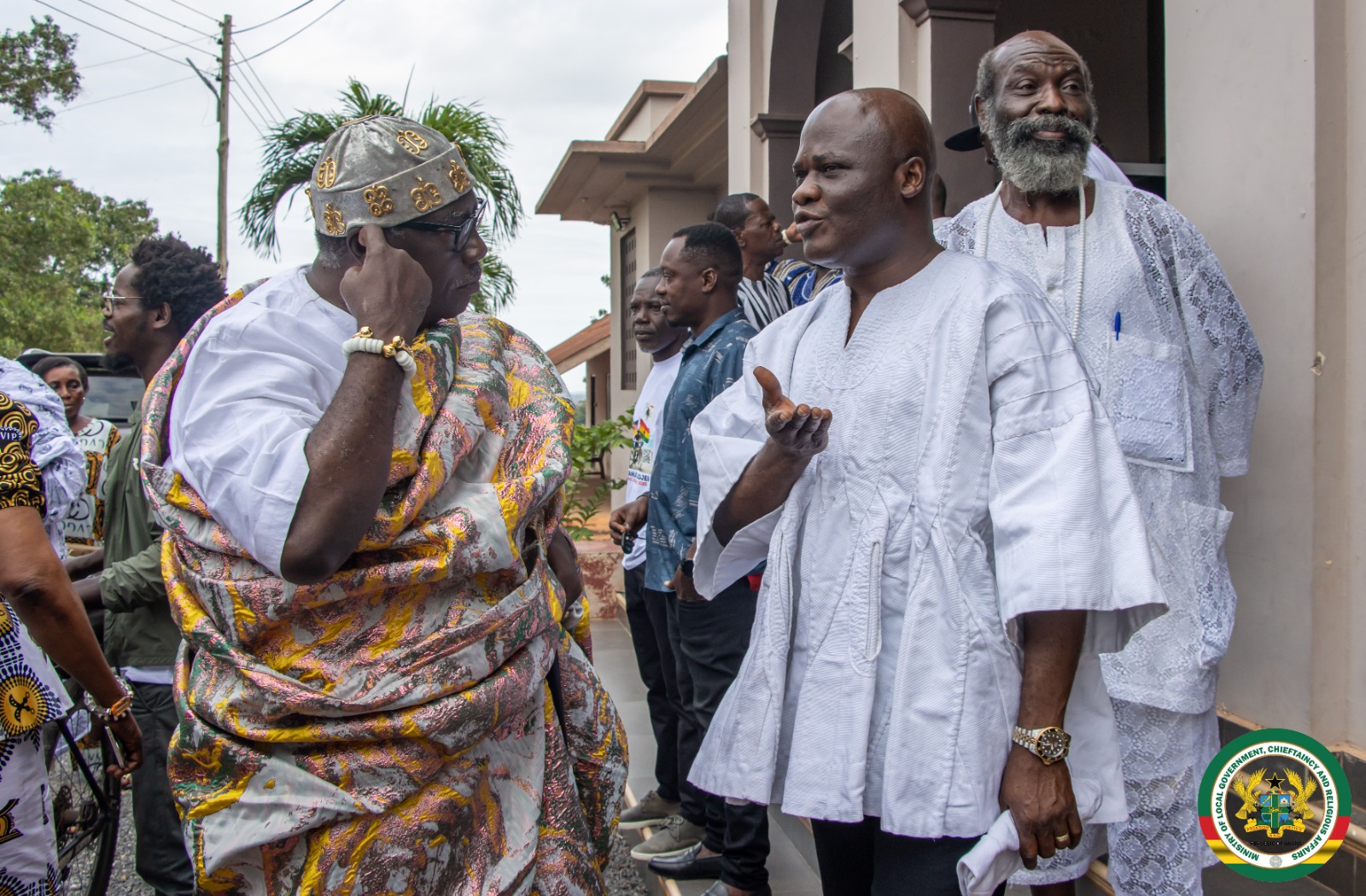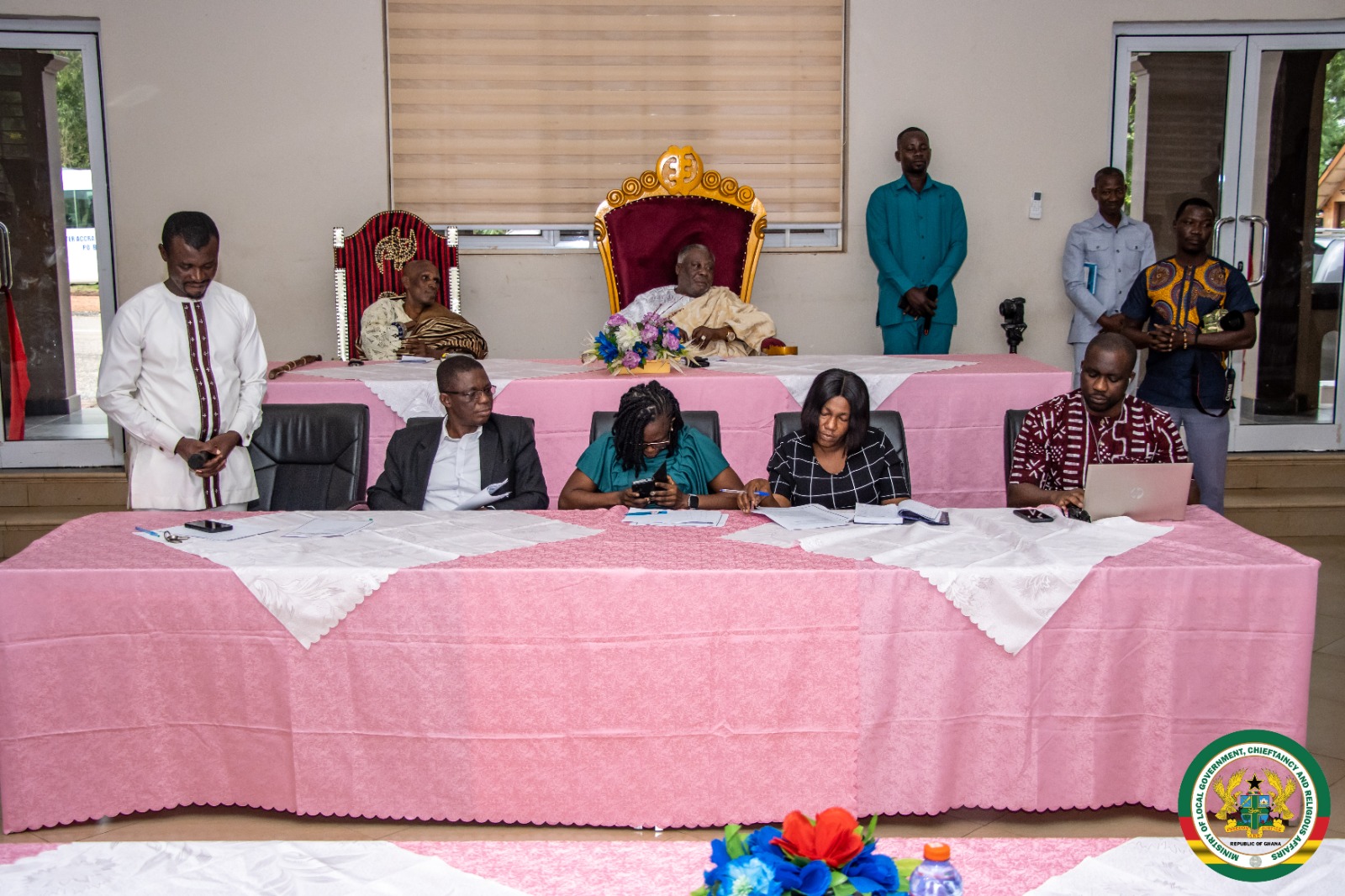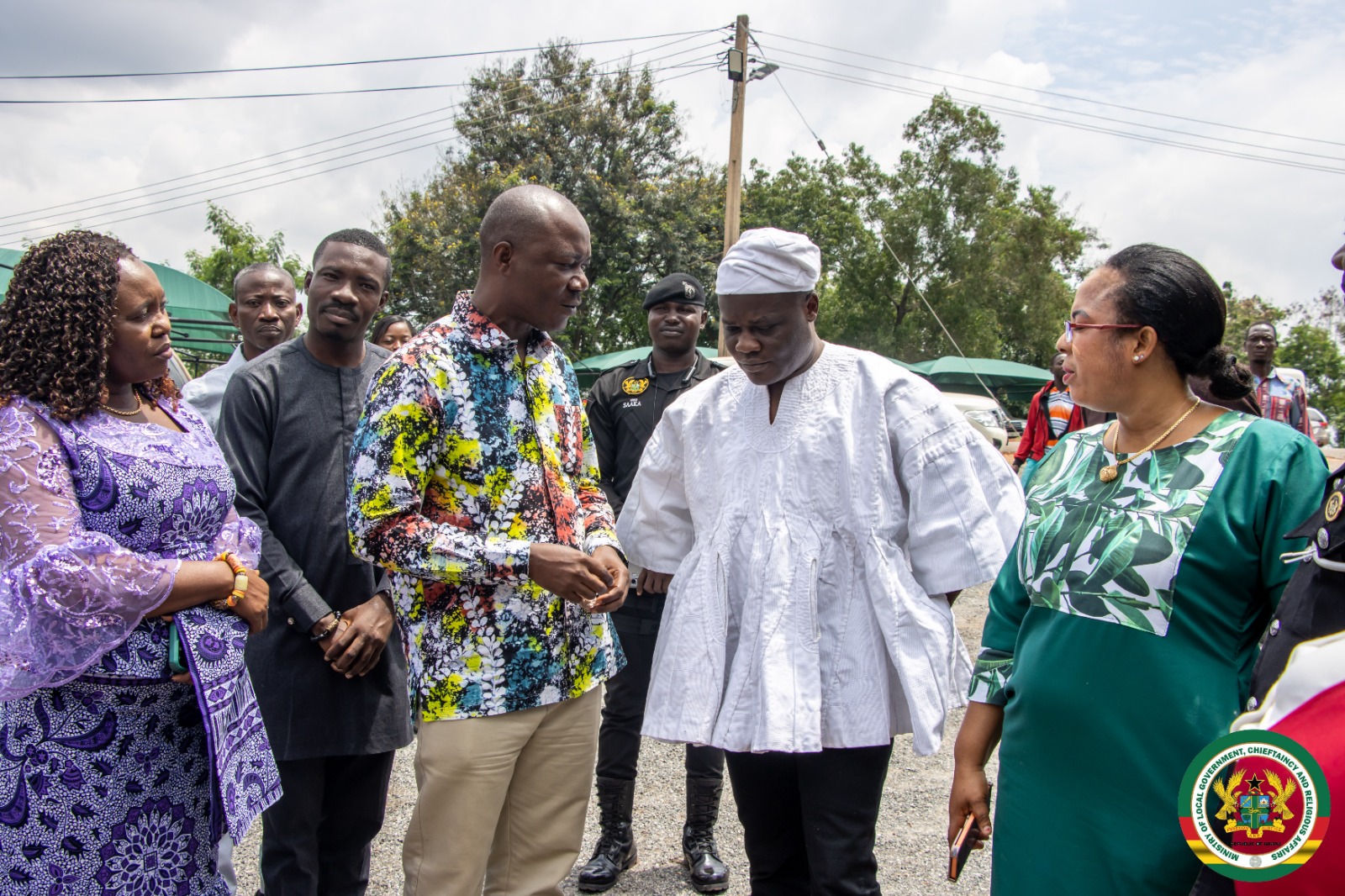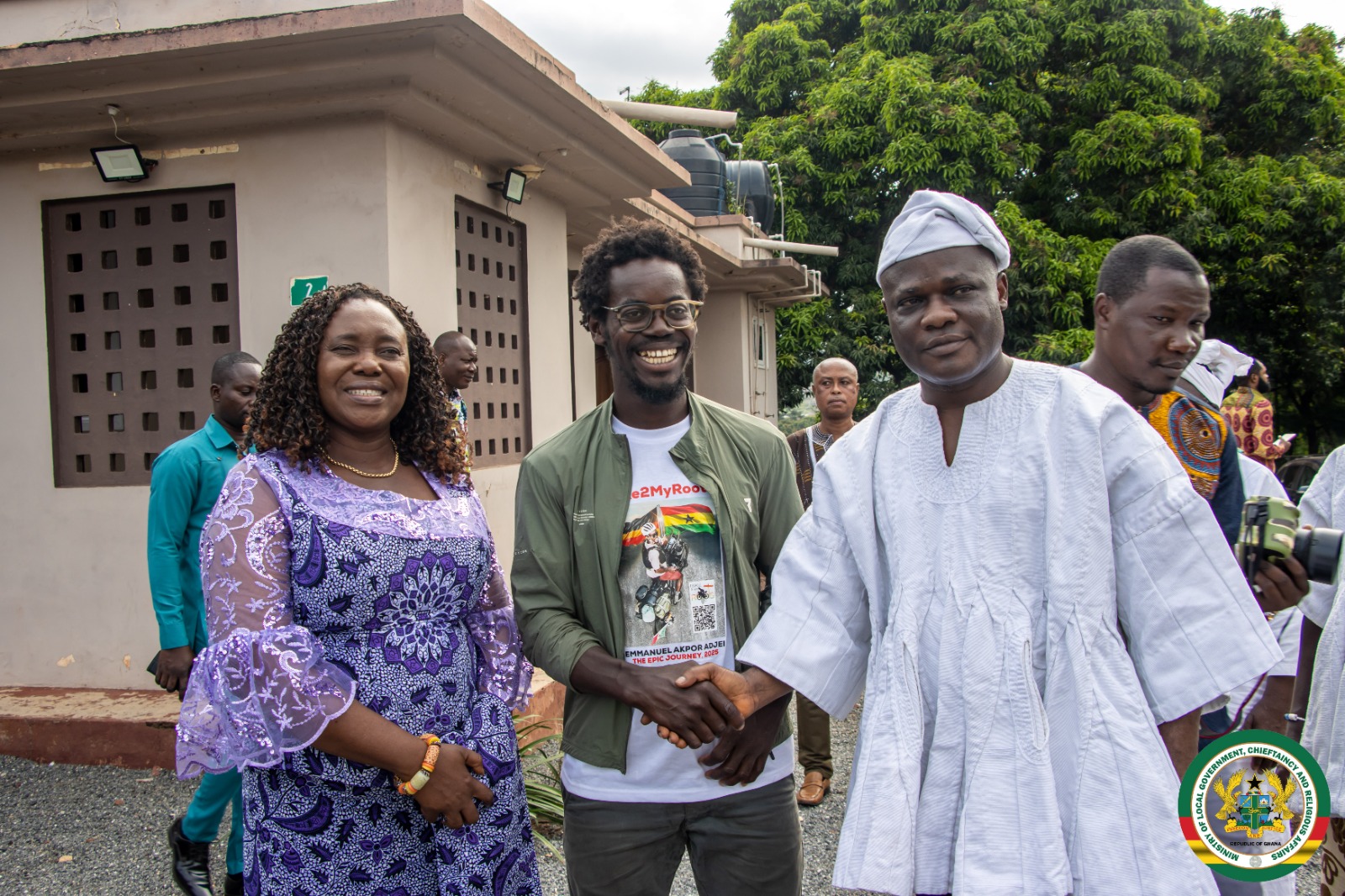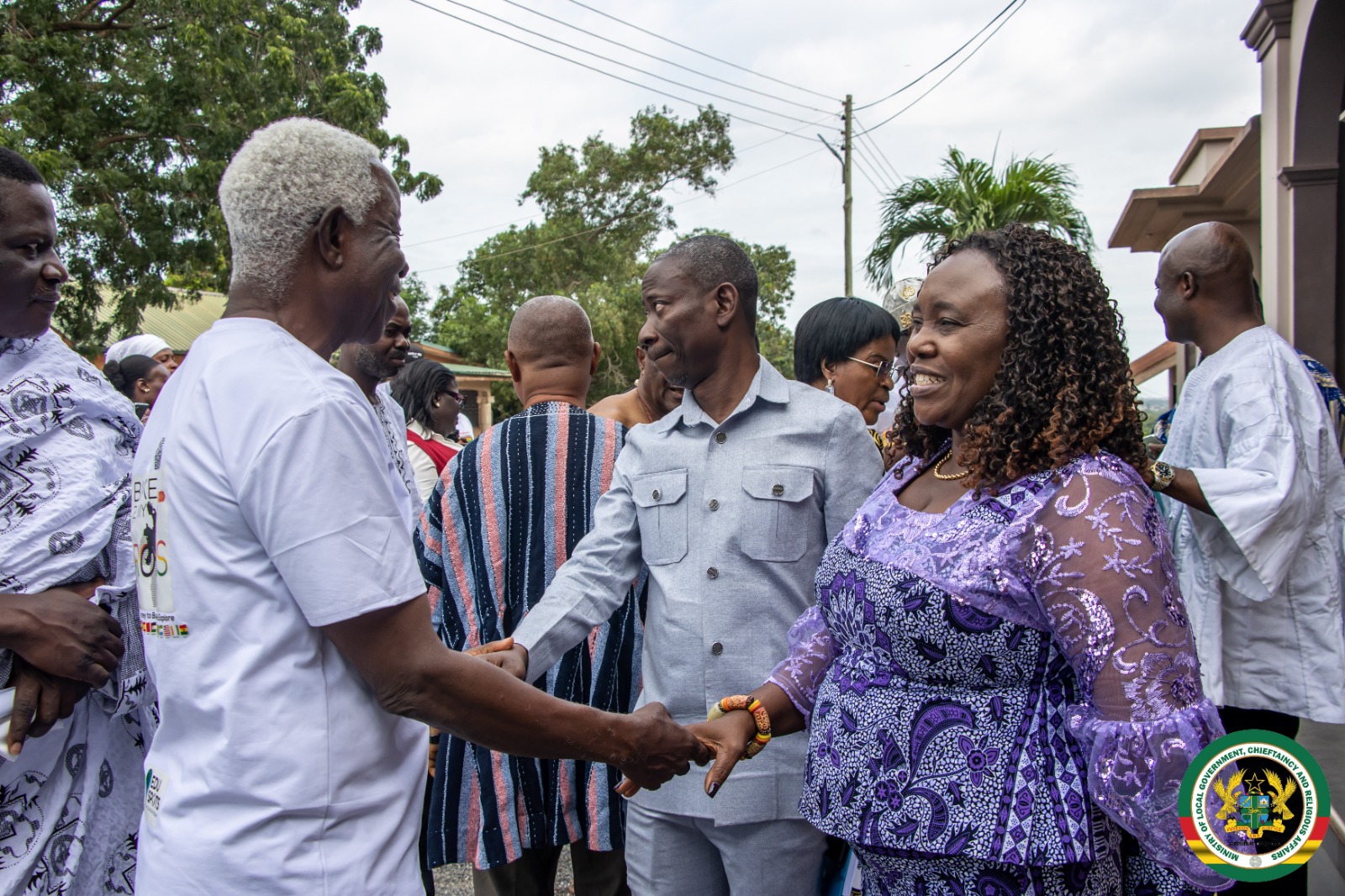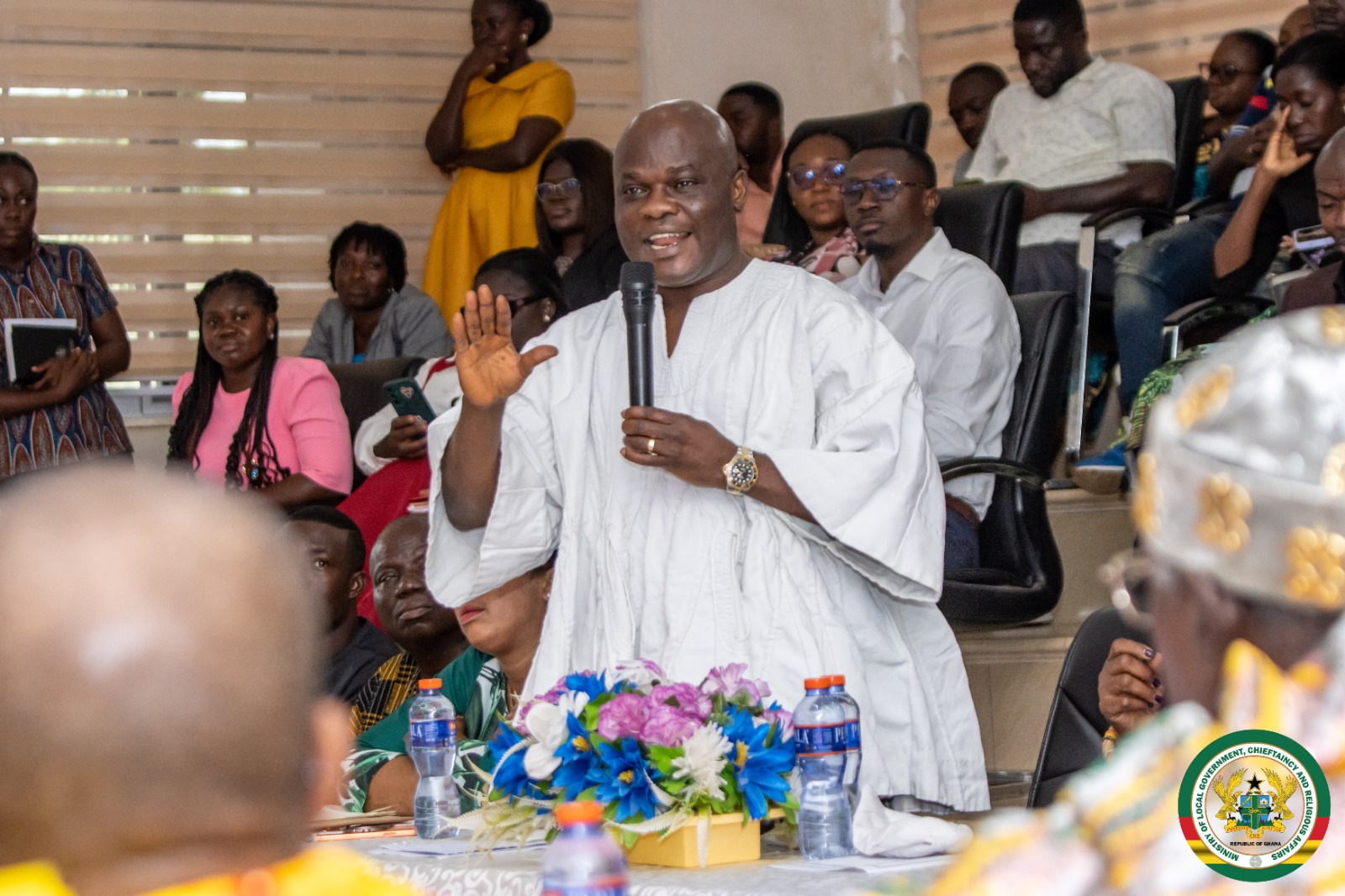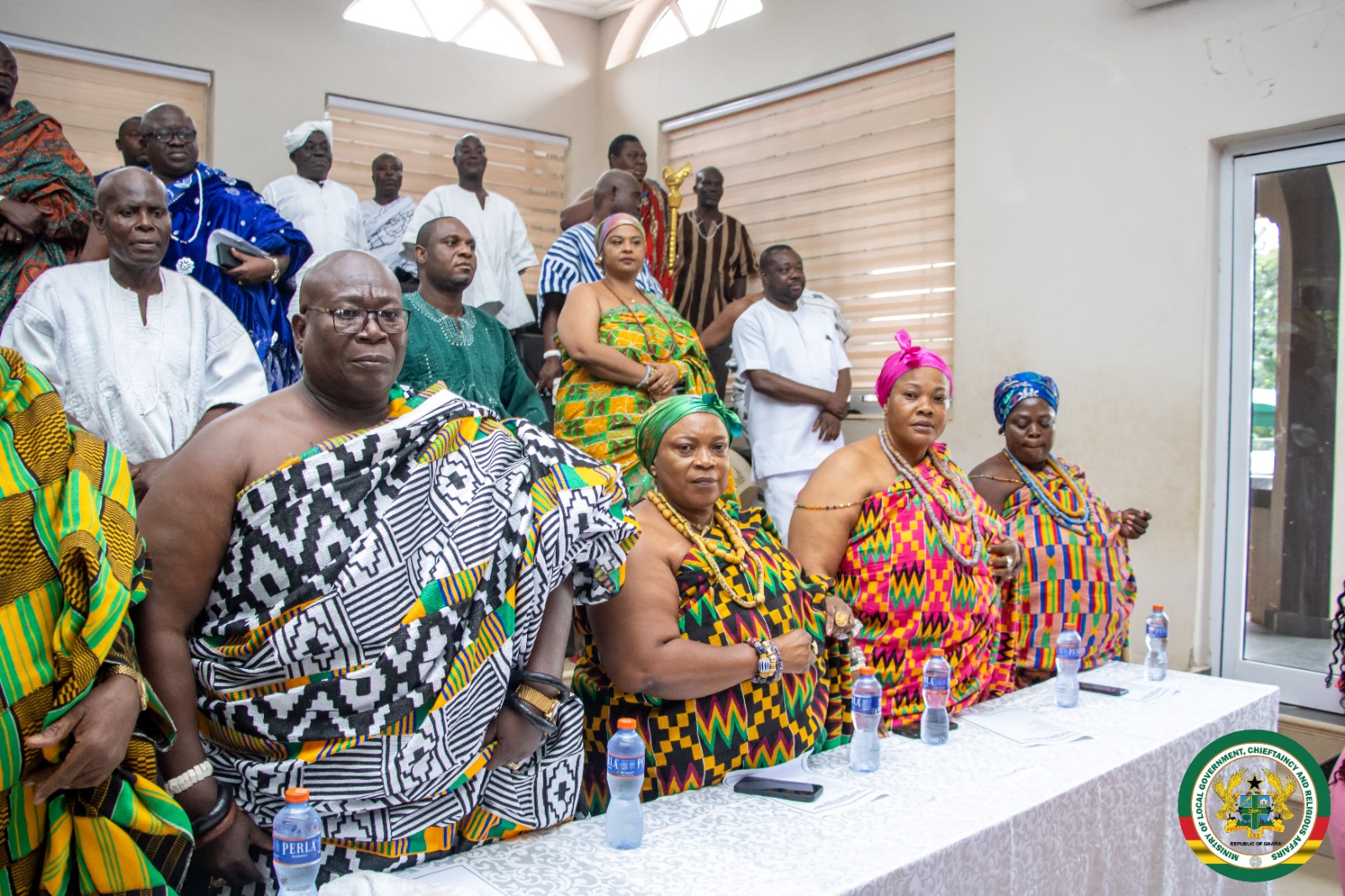Government is taking steps to resolve the proliferation of sprouting billboards and signages across the country to help maintain a cleaner, and more visible environment in all major cities in Ghana by providing appropriate guidelines.
The move is being initiated through the Ministry of Local Government, Chieftaincy and Religious Affairs (MLGCRA) seeks to restore order, safety, and beauty in Ghana’s urban spaces while ensuring compliance with national planning and environmental standards.
At the inauguration of the Technical Working Committee in Accra to oversee the regulation and standardisation of signages in cities across the country, the Deputy Minister for Local Government, Chieftaincy and Religious Affairs, Hon. Rita Naa Odoley Sowah in her acceptance speech as the chairperson of the committee, expressed appreciation to the Minister, Hon. Ahmed Ibrahim, for his visionary leadership and commitment to restoring order and environmental integrity in Ghana’s cities.
She noted that the uncontrolled display of billboards and other signages had long compromised the aesthetic and environmental quality of urban areas. She was of the firm believe that the establishment of this Technical Working Committee is timely and strategic, a clear demonstration of government’s commitment to promoting cleaner, safer, and more visually appealing cities.
Hon. Sowah emphasized that the Committee would work diligently to develop practical and enforceable guidelines that integrate safety, environmental protection, and cultural identity. She gave the assurance that they will work within the broad policy direction outlined by the Hon. Minister to produce comprehensive regulations that not only address current challenges but also anticipate future needs.
The Deputy Minister further stated that the success of the initiative would depend on stakeholder engagement and public education, adding that the Committee will ensure that public awareness, education, and consultation forms part of the process.
She said urban beautification is a necessity for national development, as a well-ordered city reflects discipline, responsibility, and pride in the shared spaces. According to her, when skylines are regulated it sends a powerful message that Ghana values order, safety, and aesthetics just as much as economic growth.
The multi-sectorial committee has key institutions such as National Road Safety Authority, Ghana Highway Authority, Department of Urban Roads, Ministry of Environment Science, Technology and Innovation, Land Use and Spatial Planning Authority, Institute of Engineers and planners, Department of Parks and Gardens, Attorney-General’s Department, National Development Planning Commission, Police Motor Transport and Traffic Department and the Advertising Association of Ghana.
Inaugurating the committee on behalf of the Minister, Hon. Ahmed Ibrahim, the Chief Director of MLGCRA, Alhaji Amin Abdul -Rahaman indicated that the Committee is expected to collaborate with relevant agencies to produce standardised guidelines for the installation, maintenance, and monitoring of signages in urban areas, ensuring they align with Ghana’s planning and safety regulations.
He further noted that the committee has been tasked to formulate uniform guidelines for permit issuance, ensure safety and zoning compliance, develop enforcement mechanisms, and create a centralized digital database of approved signages. The committee is also expected to review existing laws and recommend amendments where necessary to align with international standards.
Source: Chantal Aidoo
Public Relations Unit, MLGCRA

